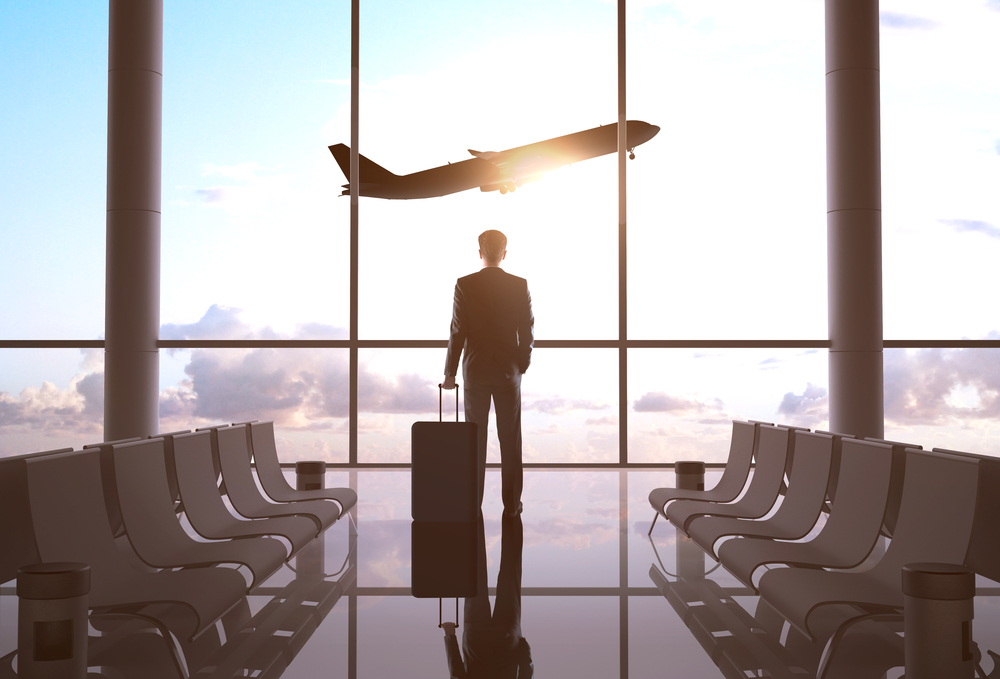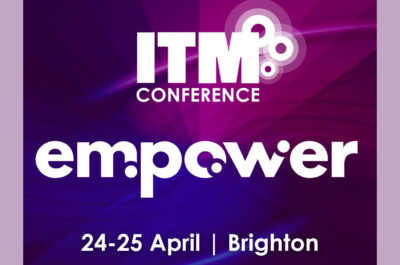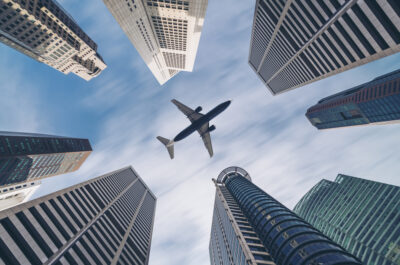Only 28% of respondents said they are expecting travel to return to pre-pandemic levels. Volumes will however gradually increase during the course of 2022.
Most corporate travel buyers do not expect business travel to return to pre-pandemic levels, but they still face considerable challenges managing their travel programmes for the foreseeable future, whilst juggling new responsibilities, according to the Institute of Travel Management’s latest survey of its buyer members.
Over a two-week period at the beginning of April 2022, 100 corporate travel buyers, managers and heads of travel, with a mix of global, EMEA, UK and Ireland responsibilities, completed the Institute of Travel Management (ITM) survey exploring current sentiment and trends for 2022. The results were presented at the ITM Accelerate Conference on 27th April 2022.
Only 28% of respondents said they are expecting travel to return to pre-pandemic levels. Volumes will however gradually increase during the course of 2022. In the second half of the year, international travel is forecast to reach 45% of 2019 volumes (up from 34% in H1 2022) and domestic travel will climb to 56% (up from 47% in H1 2022).
The top five challenges facing buyers as business travel returns are: reduced travel team or TMC resources; new data expectations such as CO2 reporting and trip ROI; reduced budgets; supplier resources and support; and managing changes due to legislation such as SCA enforcement and Brexit. These challenges are compounded as buyer roles have pivoted to assume additional responsibilities over the last two years. The top two areas that now fall within their remit are reporting requirements and sustainability objectives.
Buyers are also becoming increasingly involved in their organisations’ conversations around the rationale and ROI of in-person meetings. However, whilst the ITM survey revealed that 39% of buyers have been party to such discussions, the majority of this number (88%) have yet to agree appropriate measurement criteria.
Other findings include:
- Most buyers (61%) are not yet in a position to agree financial or revenue targets with suppliers
- 66% believe their OBT is ready for the return of business travel volumes; and 48% said their TMC was ready.
- 36% of buyers said that less than 10% of their organisations emissions is linked to business travel; and 72% of buyers said that suppliers with science-based targets would be at an advantage in securing their travel business moving forward
- 27% have already initiated DE&I considerations within their programmes; of those who have not, 30% will review initiatives this year
- 51% are planning to implement specific programme initiatives focused on traveller wellbeing
- 65% of buyers agreed that the pandemic has broken down barriers with senior stakeholders through an elevated focus on their role within their organisations
- 63% agreed that their mental health has been impacted over the last two years
Scott Davies, CEO, ITM commented: “As always, the results of our latest survey provide a valuable window on the world of our travel buyer members. Whilst business travel is gradually returning, unsurprisingly only 28% of buyers believe that it will return to pre-pandemic levels. However, the workload, responsibilities and challenges they are facing continue to run at record levels. The remit of travel managers within their organisations will continue to morph and evolve in response to the fundamental way that travel and meetings have changed.
“Buyers have a heavy ‘to-do’ list for the rest of 2022 with sustainability, supplier collaboration, traveller management and financial value all in pole position. A key focus will also be on facilitating the ‘right’ amount and type of travel; introducing the concept of travelling with purpose, and aligning this with any corporate fiscal and carbon reduction targets. The financial, and increasingly environmental cost of travel can be routinely assessed. Quantifying the other side of the equation – the human and commercial benefit of bringing people together versus connecting them with technology – is yet to be achieved,” said Davies.
Tatiana is the news coordinator for TravelDailyNews Media Network (traveldailynews.gr, traveldailynews.com and traveldailynews.asia). Her role includes monitoring the hundreds of news sources of TravelDailyNews Media Network and skimming the most important according to our strategy.
She holds a Bachelor's degree in Communication & Mass Media from Panteion University of Political & Social Studies of Athens and she has been editor and editor-in-chief in various economic magazines and newspapers.





















































































































































































